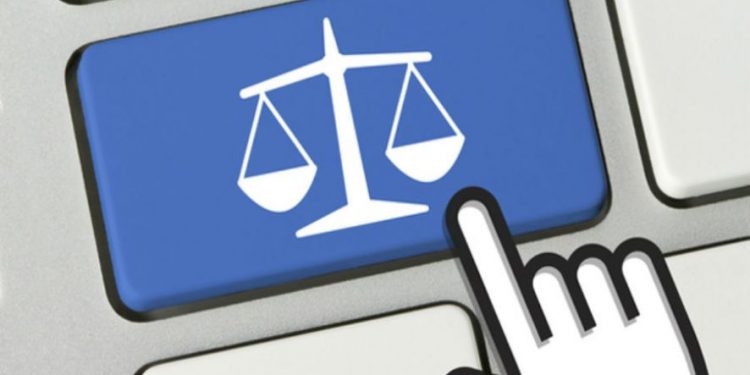New Delhi: E-courts, which have started functioning after Covid-19 lockdown, seem to have failed the acid test, ostensibly due to lack of technological awareness among judges, lawyers and judicial staff and also technical glitches.
The Supreme Court and several other courts resorted to virtual hearing of cases on a daily basis in order to ensure universal access to justice during the lockdown. However, after two months, the lawyers have started demanding resumption of open courts citing numerous reasons.
Expressing reservation to the e-courts, advocate Purushottam Tripathi said that the courts need skilled staff and proper technical team to handle entire digital process. He also said that even advocates are not much aware of technology.
“The Supreme Court has never ever considered going digital as seriously before the coronavirus. All the platforms the court has have various lacunae. There is crunch in terms of skilled people in SC. You need a proper technical team to handle the process of e-courts in the apex court. You need to take out a decent number of the Supreme Court staff to train them for proper maintenance of the e platform,” said Tripathi.
Advocate Sandeep Singh, who practise in SC and Delhi High Court, feels that there is dire need of technological awareness to some of the judges and judicial staff.
“I feel this process needs systematic and scientific approach for the technology integration in the judicial system. At present, not only lawyers, but also a few judges and administrative officials of High Courts and District Courts are technologically handicapped. On this account, the parties are suffering and the interest of justice is at stake. Therefore, it is very essential to impart technological awareness and training to our court officers including judges, lawyers and administrative official in respect to online justice delivery system,” said
Sandeep Singh.
Advocate Ashima Mandala said that many lawyers are not well-equipped to argue the cases through video-conferencing.
“All lawyers are not well-equipped to argue through video-conferencing. There are technology barriers, technical snags which often disrupt the hearing in virtual courts. At many places, there is no good internet system. So, people from such places cannot present their arguments. Further, e-filing of cases are not everyone’s cup of tea. A lot of lawyers are dependent upon stenos for filing of petitions. We really need to ramp up the mechanism,” said Mandala.
Some other lawyers, however, opined that virtual courts are the only solution at this time.
“This is the only solution during the coronavirus-induced lockdown. The judges are also taking up ordinary cases. The technical faults pertain to only 20-30 per cent cases. The technical snags are the outcome of lack of awareness among judicial staff,” said advocate Siva Bala Murugan.
Appreciating the decision of digital courts, Tripathi said the good thing is at least beginning has been made by the Supreme Court. There is a need for having good digital alternative to normal court functioning, he added.
Kuldeep Singh, OP






































